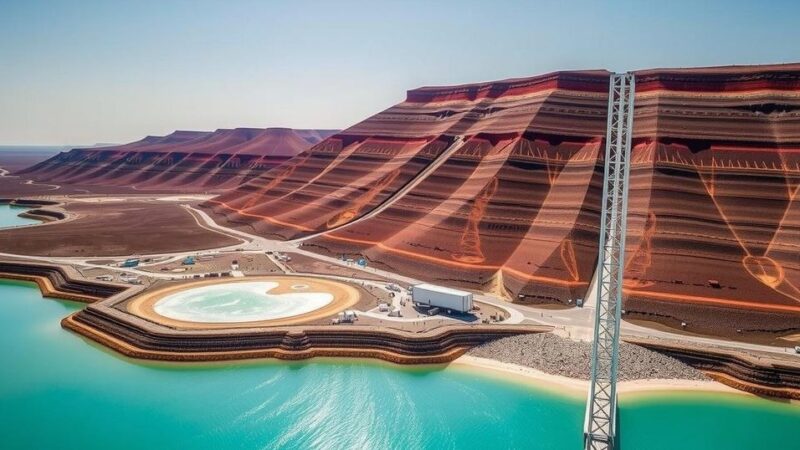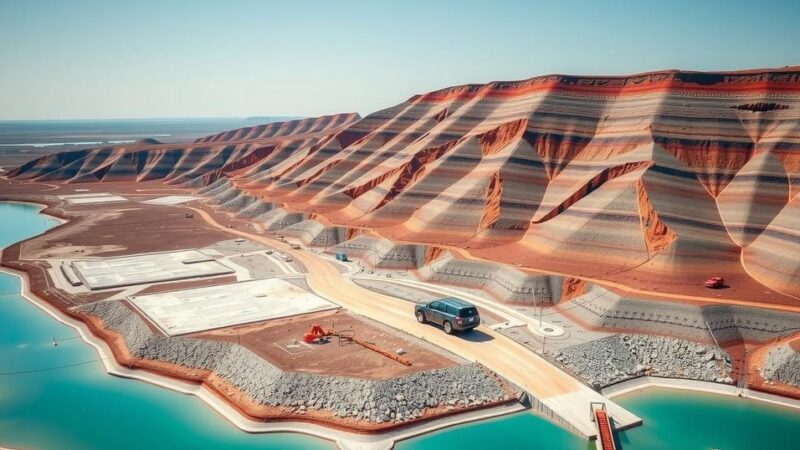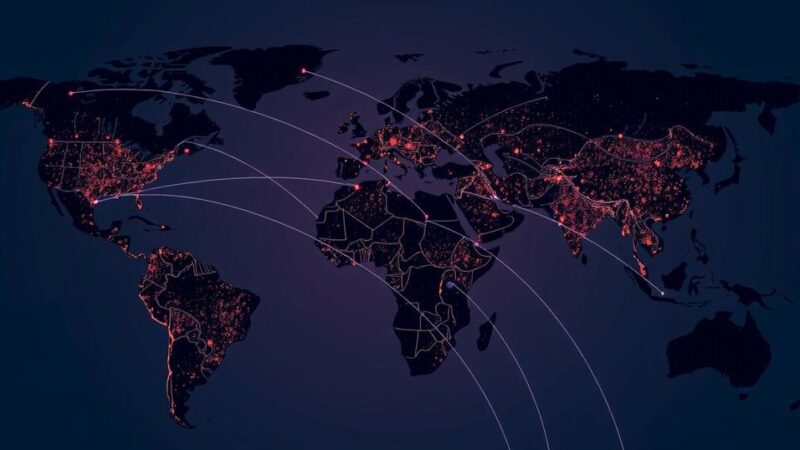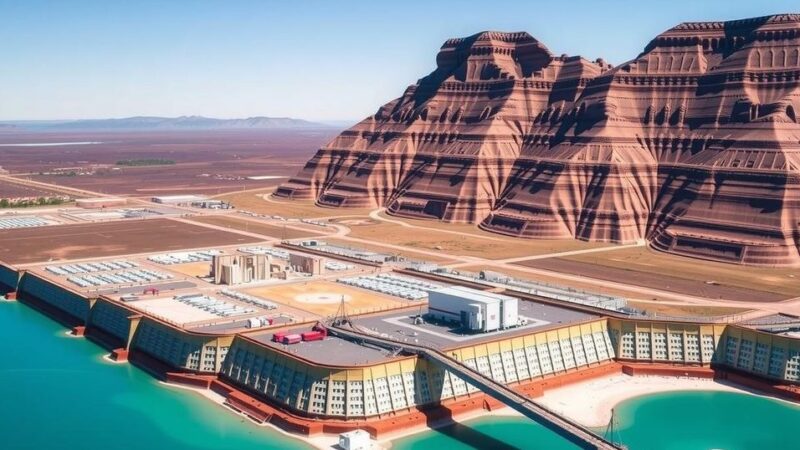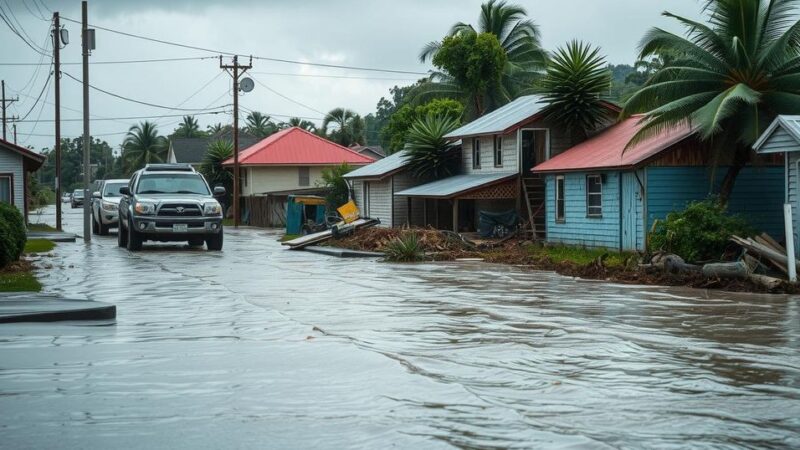The UN reports that rebels in eastern DRC, particularly the M23 movement, have taken control of the Rubaya coltan-mining region, generating around $300,000 monthly revenues from a production tax. This area is significant for its contribution to global tantalum supply. UN mission head Bintou Keita highlighted the grave humanitarian concerns stemming from this control, alongside calls for international sanctions to curb the exploitation of vulnerable populations and restore peace.
Recent reports from the United Nations indicate that armed groups in the eastern Democratic Republic of Congo (DRC) have increased their grip over the Rubaya coltan-mining region, managing to impose a production tax that generates an estimated revenue of $300,000 monthly. The M23 movement, a militia organization led predominantly by Tutsi members, has purportedly received backing from Rwanda and has taken control of this mineral-rich area following fierce confrontations in April of this year. Bintou Keita, the head of the UN mission in DRC, informed the Security Council that the mineral trade from Rubaya constitutes more than 15% of the global tantalum supply. As the leading producer of tantalum, which is recognized as a critical mineral by both the United States and the European Union, the DRC finds itself in a precarious position. Keita expressed that the profits generated by this mining activity are concerning, stating, “This generates an estimated $300,000 in revenue per month to the armed group. This is deeply concerning and needs to be stopped.” The ramifications of these activities extend beyond financial gains for the rebels; they also fuel the exploitation of local civilians, with reports suggesting instances of severe human rights abuses, including de facto slavery. The DRC, particularly its eastern territories, has experienced considerable turmoil, with ongoing conflicts involving various armed factions. The resurgence of the M23 rebellion since March 2022 has resulted in thousands of fatalities and has displaced over one million individuals. In light of these troubling developments, manufacturers are increasingly pressured to ensure that the metals sourced for various products, including laptops and electric vehicle batteries, do not originate from conflict-affected regions like eastern Congo. Keita noted that the profits gleaned from mining operations have enabled armed groups to strengthen their militarization and entrepreneurship. She emphasized that unless international sanctions are imposed on those profiting from this illicit trade, the prospect of peace in the region will remain unattainable, leaving civilians in continued suffering.
The ongoing conflict in the eastern Democratic Republic of Congo is deeply rooted in the region’s rich mineral deposits, which have attracted armed groups vying for control. The Rubaya coltan-mining area is particularly significant, as it bears minerals essential for modern technology, specifically tantalum, which is critical to many electronic devices. The M23 group has emerged as a dominant force in this area, exacerbating the already dire humanitarian situation characterized by violence and displacement. The DRC’s issues are compounded by allegations of foreign support for various rebel factions and the complexities surrounding mineral trade regulation, prompting international scrutiny on sourcing practices.
The situation in the eastern Democratic Republic of Congo underscores the urgent need for international intervention to address the exploitation of rich mineral resources by armed groups. The substantial revenue generated from the Rubaya coltan-mining region not only enriches these factions but also perpetuates the suffering of local populations caught in the crossfire. The call for sanctions against those benefiting from this criminal trade is imperative to restore peace and protect civilians. Without decisive actions, the cycle of violence and exploitation within this resource-rich region will continue unabated.
Original Source: www.mining.com


